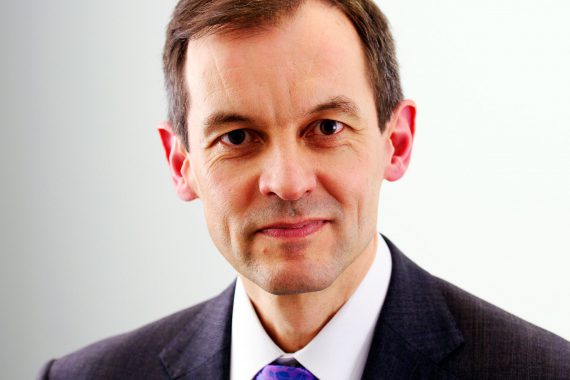What GPs need to know about the new contract

What is the most important change in the new contract?
The most important element of this year’s agreement is that we’ve secured an extra £220m (a 3.2% funding uplift) to cover the rising costs that GPs will be facing in the coming year, particularly for increasing CQC fees, indemnity fees and national insurance. This extra funding should also deliver GPs a 1% pay rise rather than the repeated pay cuts we’ve experienced in the last few years. In addition we’ve resisted adding any new QOF changes or other increases to clinical workload, and importantly we’ve secured a commitment to discuss ending QOF and the avoiding unplanned admission enhanced service altogether next year.
What’s the bad news?
The changes provide stability but they don’t make the radical changes we need to manage workload pressures, expand our workforce and make general practice sustainable in the long term. The recent LMC Special Conference called for an urgent rescue package and it’s why we are pushing the Government and NHS England to deliver this, backed by significant long-term resources, in order to solve the current crisis in general practice.
When could we see the QOF and avoiding unplanned admissions DES come to an end?
We hope that our discussions with NHS England will see an end to these schemes by the next contract in April 2017.
What will the changes to vaccination schemes mean for GPs?
It simply means that there’s more resource for each individual vaccination – the item of services fees are increasing to £9.80 from £7.64. This is long overdue as the fee for vaccinations has hardly changed in recent years and this will ensure that the costs that practices incur in doing vaccinations will be better covered than they were before.
How should GPs record extra data like the number of weekend and evening appointments available?
Information about access to evenings and weekend appointments at the practice or in the local area, such as locality hub, is to do be submitted on a six monthly basis. The recording should be straightforward and be similar to the current e-declaration completed by practice managers each year. We are continuing to work with NHS England on the practical details.
This data recording does not place any obligation on practices themselves to provide appointments on evenings or weekends and there is no change to the current extended hours enhanced service.
How should GPs record data about locums?
NHS England wants to set a maximum indicative rate for employing locums. If this happens, GPs will have to record the number of times the practice employs locums over this rate through the e-declaration that practices do on an annual basis. However practices and locums will continue to be free to agree the appropriate rate for the work done and will not be limited by this maximum.
This plan by NHS England mirrors similar initiatives in secondary care.
What about recording the data on a patient’s named GP?
There’s still much to discuss with NHS England on this topic. When clinical data is extracted from a practice system, such as QOF data, the intention would be to also extract the data of the named GP for individual patients, link this to the clinical data, and feed it back to practices for clinicians within the practice to review. There are no details yet about how that might happen or indeed whether it’s even possible technically. So at this point, GPs don’t need to do anything about it.
Do GPs actually have to implement the non-contractual IT agreements, such as getting 10% of patients to book online or transmitting 80% of repeat prescriptions electronically?
There is no requirement for GPs to do these, but we’ve agreed that we would encourage practices to work towards these targets and there are good reasons why practices may want to do many of them, both to reduce workload and improve services to patients. For instance, greater use of the GP2GP transfer system will mean that practices won’t have to print out large reams of paper when they pass a record on from one practice to the other if there’s been a successful transfer of the record electronically. And receiving an electronic discharge in a more helpful format will improve the ability of GPs to treat patients who have just been discharged from hospital.
Do GPs have to start identifying patients with an EHIC card?
No. We’ve agreed that if this does go ahead then it will be patients themselves who will self-declare that they have this status at registration, but there’s a lot more detail to be worked out about the practicalities of this. There’s nothing GPs need to do at the moment.
Dr Richard Vautrey is deputy chair of the GPC and a GP in Leeds
Pulse July survey
Take our July 2025 survey to potentially win £1.000 worth of tokens












